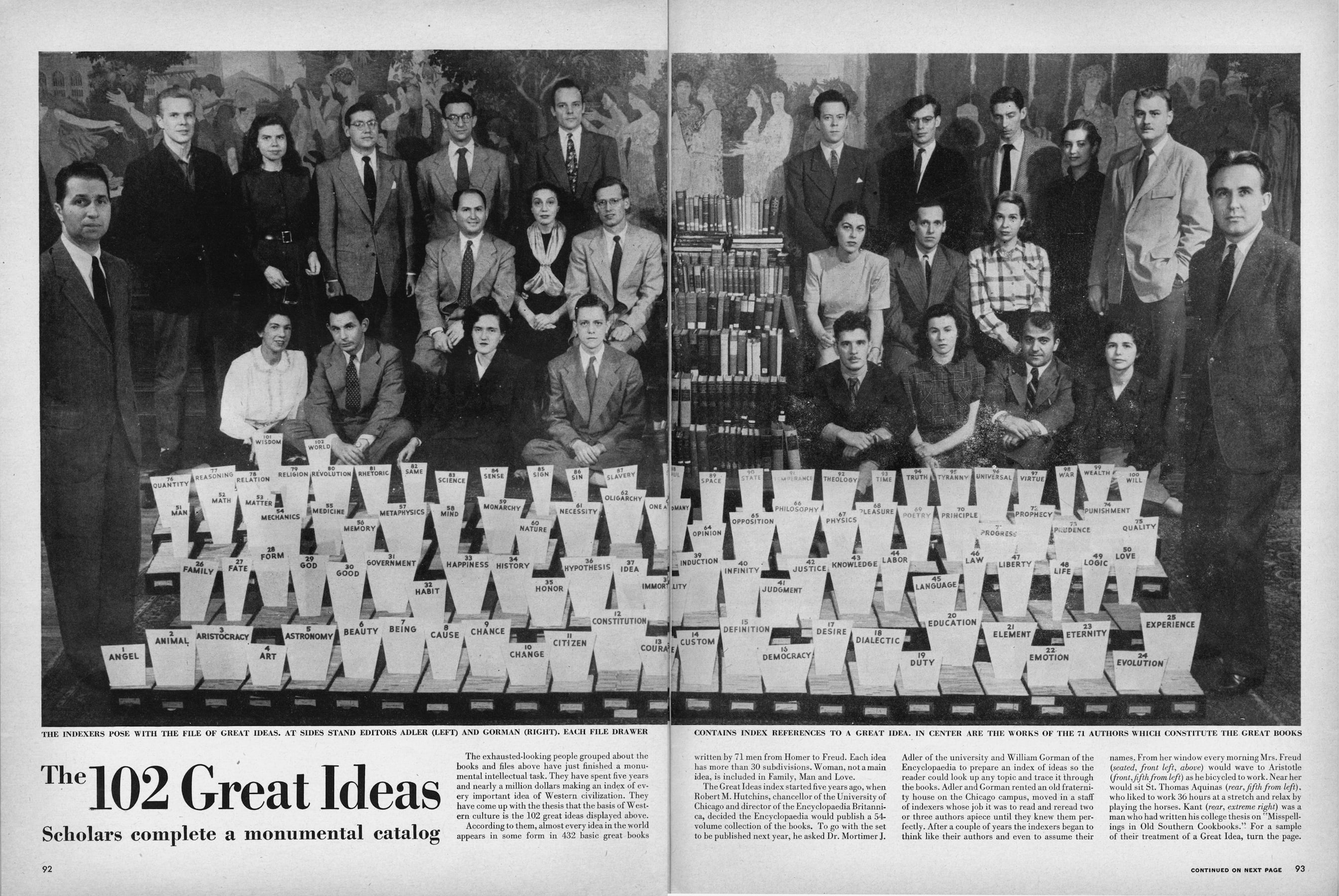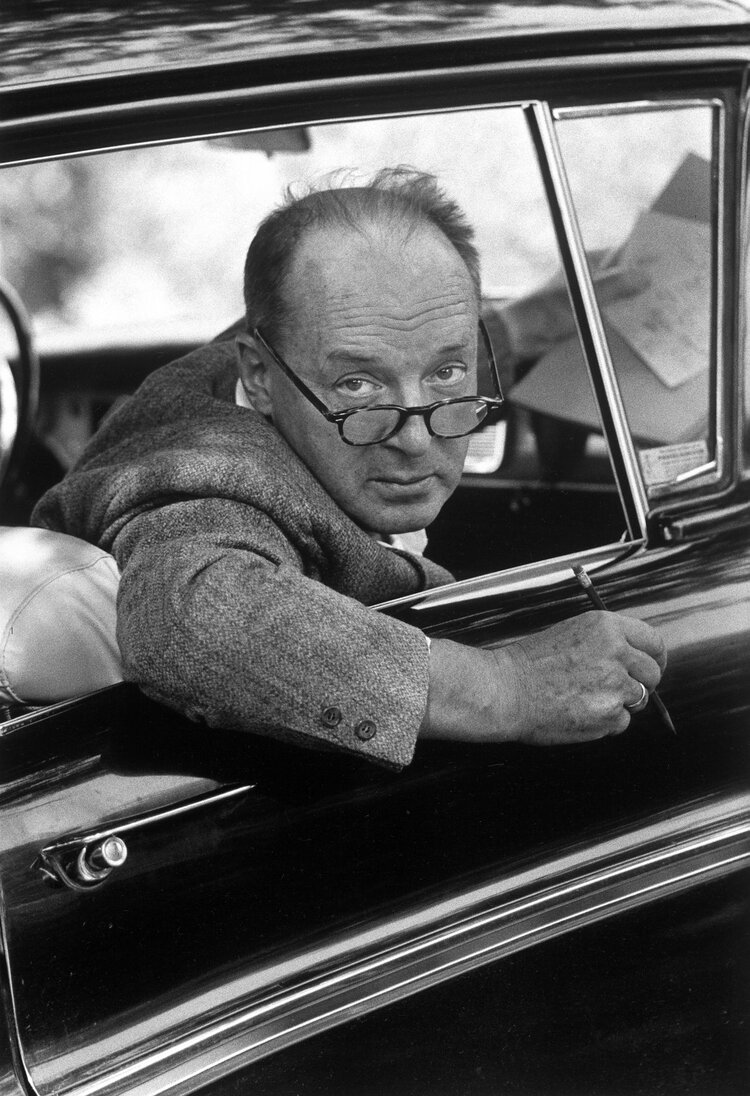Target Questions:
1. Why is there a second modernity?
2. What is second modernity?
3. How does the second modernity relate to Medellin?
Outline: Your own heading, subheadings, lists of examples, evidence, your own thinking
1-4 Second Modernity [Time for a Second Modernity] [Defining Second Modernity]
“…they found that the ‘repture’ theorized in the literature of postmodernism was more a response to the systemetic and sometimes dramatic failures of ‘high modernism’ …” (1)
What are the failures of post-modernism and high modernism?
It seems that architecture proposed temporary solutions that did not consider long-term issues.
“… there is a growing recognition that widespread disillusionment with ‘the modern project’— the strategies for carrying out the ambitions of modernism – stops short of displacing the underlying ambitions for a more universal human progress.” (2)
The ‘modern project’ or ‘modernity’ addresses immediate issues rather than foreseeing, resolving, adapting to long-term issues in architecture and the world.
5-9 Second Modernity [Reflexive Modernism]
“The common sense understanding of reflexivity comes from its root ‘reflex’ meaning an action performed in response to a stimulus without conscious thought.” (5)
“… their design and construction should be subjected to intense scrutiny and their ongoing operation should be subject to reflexive mechanism of course correction including systems of checks and balances.” (5)
“…research at the intersection of architecture, reflexivity, and informality has so far proven more effective at generating such questions than providing satisfactory responses.” (7)
What is reflexivity?
Reflexive architecture is architecture that perhaps responds to previous “modernities” and issues (political, economic, global etc.)
9-13 Medellin, Colombia [Library Parks]
“To make Medellin a city of ‘the most educated’ citizens in the nation, Fajardo’s team invited the demobilized soldiers to enroll in short-term informal educational and business development programs based in a series of community centers.” (9)
“In contrast, Fajardo and his architect’s have earned the right to speak of design as a ‘vehicle’ for conveying basic human dignity or as a ‘catalyst’ for deep social transformation.” (12)
Library Parks were created in response to the education issues after the war.
Library Parks can be classified as second modernity or reflexive modernity as Library Parks take issues in Medellin, such as education, and responds to them by creating possible solutions.
Takeaway:
High modernity and post-modernism provided temporary solutions that did not allow for adaptability and resiliency. Reflexive modernism and second modernity are a proposition to create long-term solutions and adaptability to old issues left behind from high modernity and post-modernism.


 “The Indexers pose with the file of Great Ideas. At sides stand editors [Mortimer] Adler (left) and [William] Gorman (right). Each file drawer contains index references to a Great Idea. In center are the works of the 71 authors which constitute the Great Books.” From “The 102 Great Ideas: Scholars Complete a Monumental Catalog,” Life 24, no. 4 (26 January 1948). Photo: George Skadding.
“The Indexers pose with the file of Great Ideas. At sides stand editors [Mortimer] Adler (left) and [William] Gorman (right). Each file drawer contains index references to a Great Idea. In center are the works of the 71 authors which constitute the Great Books.” From “The 102 Great Ideas: Scholars Complete a Monumental Catalog,” Life 24, no. 4 (26 January 1948). Photo: George Skadding.

